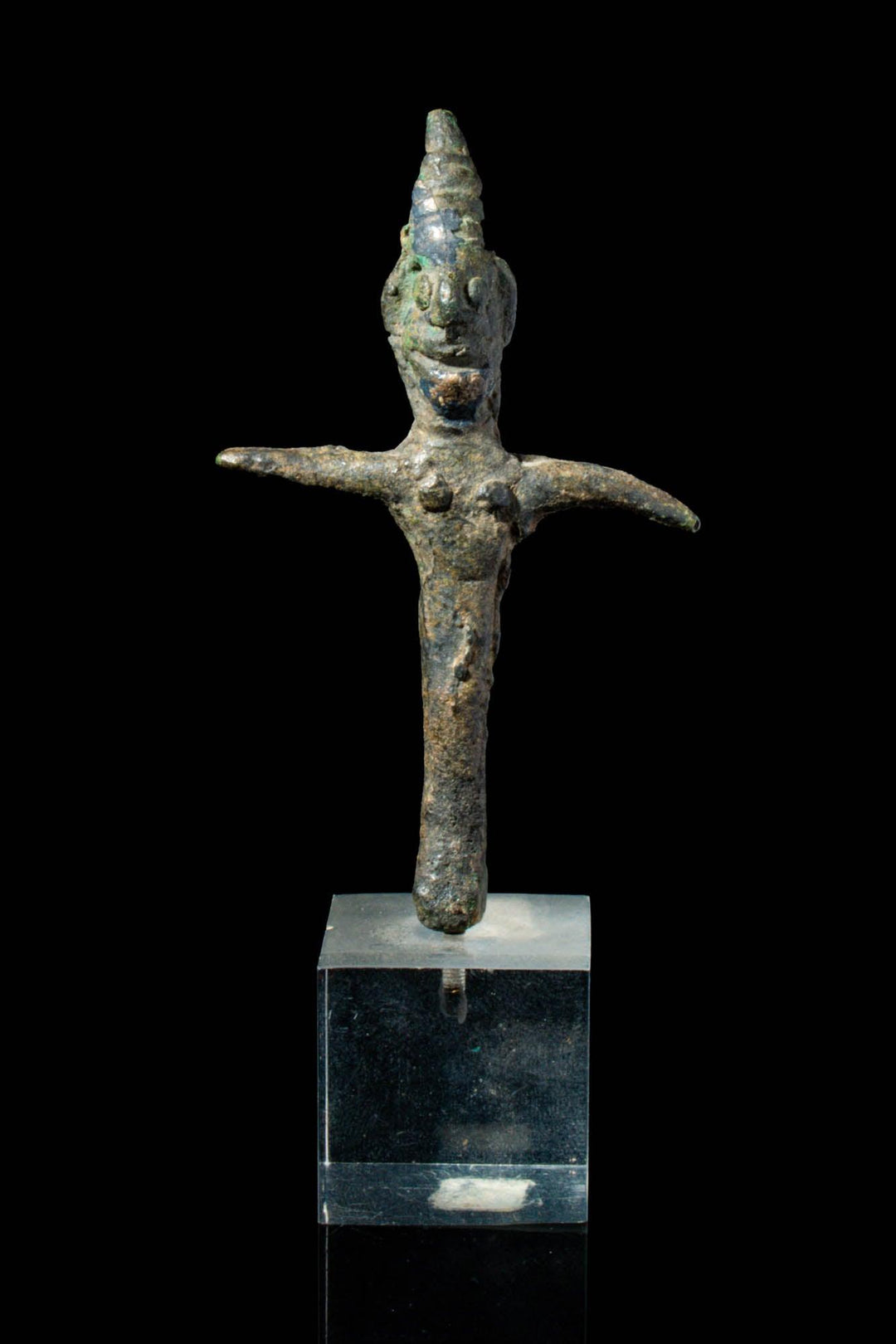Introduction
The Phoenician civilization, an enigmatic culture that thrived along the Mediterranean coast, is renowned for its contributions to seafaring, trade, and the creation of an alphabet that laid the groundwork for modern scripts. Centered in what is now Lebanon, the Phoenicians were not only master mariners but also skilled traders and influential cultural developers.
The Rise of Phoenician City-States
Tyre and Sidon: At the heart of Phoenician civilization were its city-states, notably Tyre and Sidon. These cities became bustling centers of trade and craftsmanship. Tyre was especially famous for producing the luxurious Tyrian purple dye, highly sought after throughout the ancient world.
Byblos: Another significant city was Byblos, known for its papyrus trade. This city is often credited with the propagation of the Phoenician alphabet, a script that revolutionized written communication.
Cultural Achievements and the Phoenician Alphabet
The Phoenicians are perhaps best remembered for their alphabet. This script simplified the complex writing systems of the time, significantly influencing the Greek and Latin alphabets. This innovation not only facilitated trade across diverse cultures but also impacted educational systems throughout the Mediterranean.
Phoenician Trade and Maritime Dominance
With their strategic coastal cities, the Phoenicians developed extensive trade networks that spanned across the Mediterranean and even reached the Atlantic Ocean. Their ships, built from the famed cedars of Lebanon, were among the best of the era, capable of long sea voyages that connected them with various cultures and economies.
Religious Beliefs and Practices
Phoenician religion was deeply polytheistic, with a pantheon that included gods like Baal, Astarte, and Melqart. These deities were central to the civic and cultural identity of the Phoenician people, with many cities building lavish temples in their honor.
Decline and Legacy
Despite their decline under the pressure of emerging empires, the legacy of the Phoenicians endures through their alphabet, maritime innovations, and the spread of their cultural practices. Their influence is still evident in modern maritime laws, Mediterranean trade routes, and linguistic studies.
Conclusion
The Phoenician civilization may have faded into history, but its contributions to commerce, navigation, and writing profoundly shaped the ancient and modern worlds. As pioneers of the seas, their adventurous spirit and innovative technologies left an indelible mark on history.




